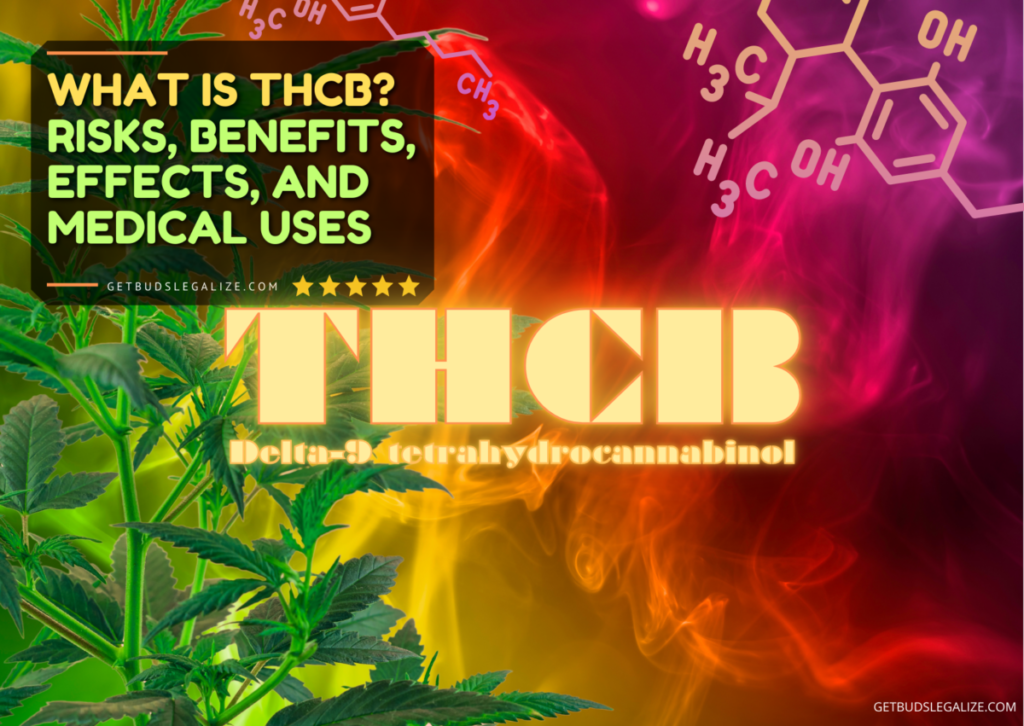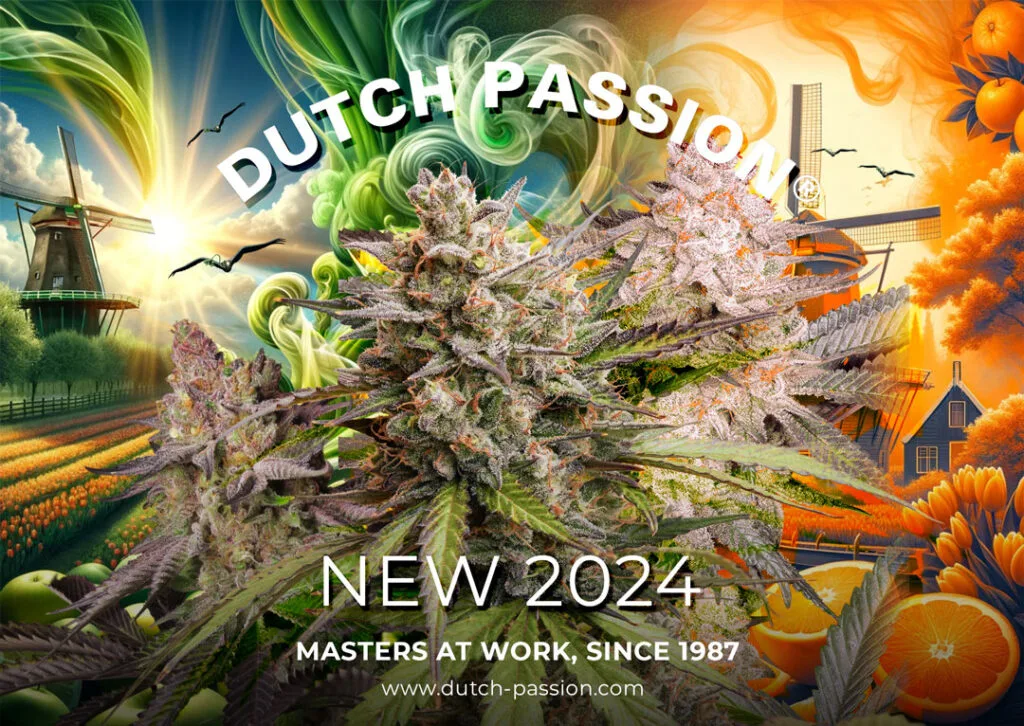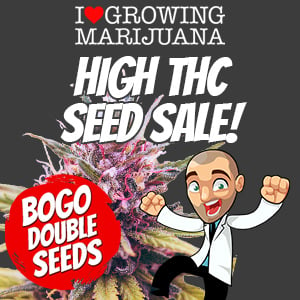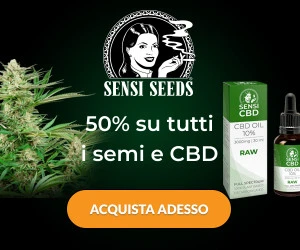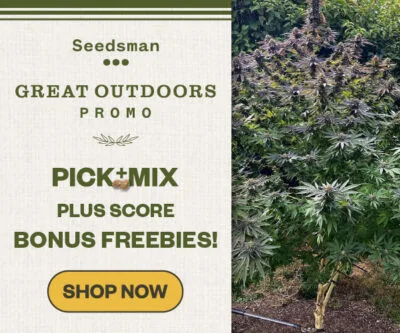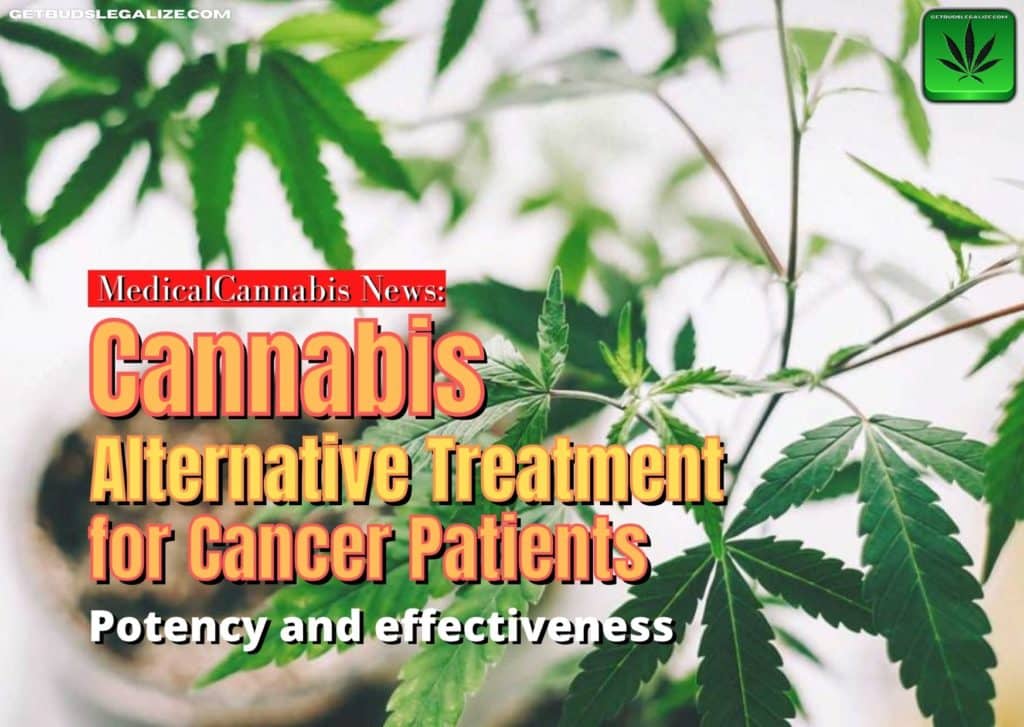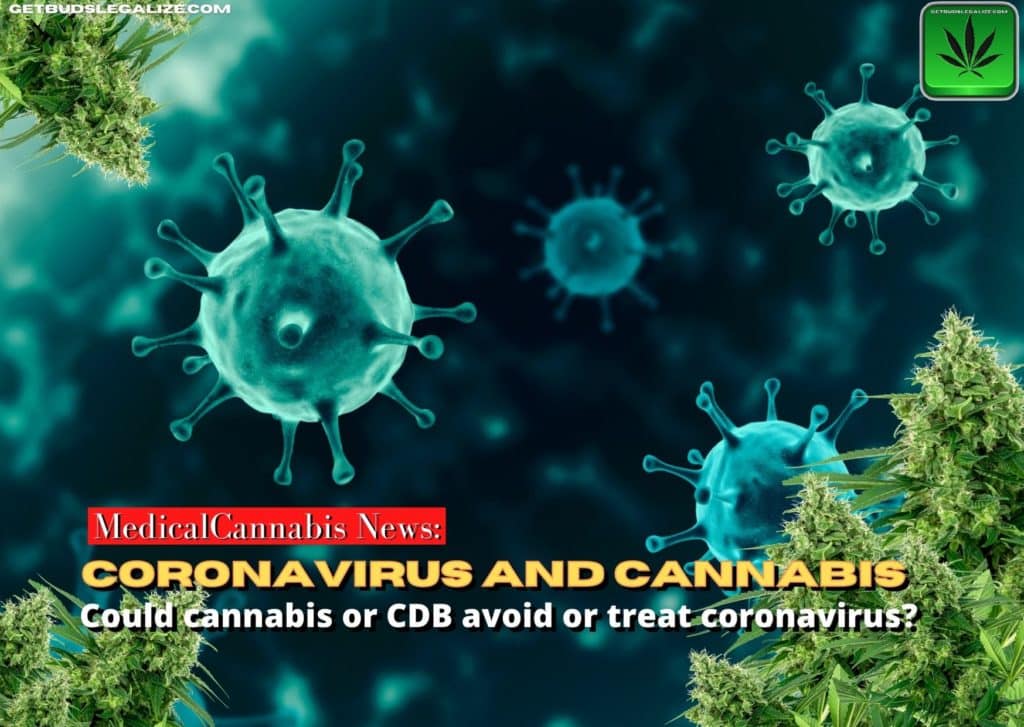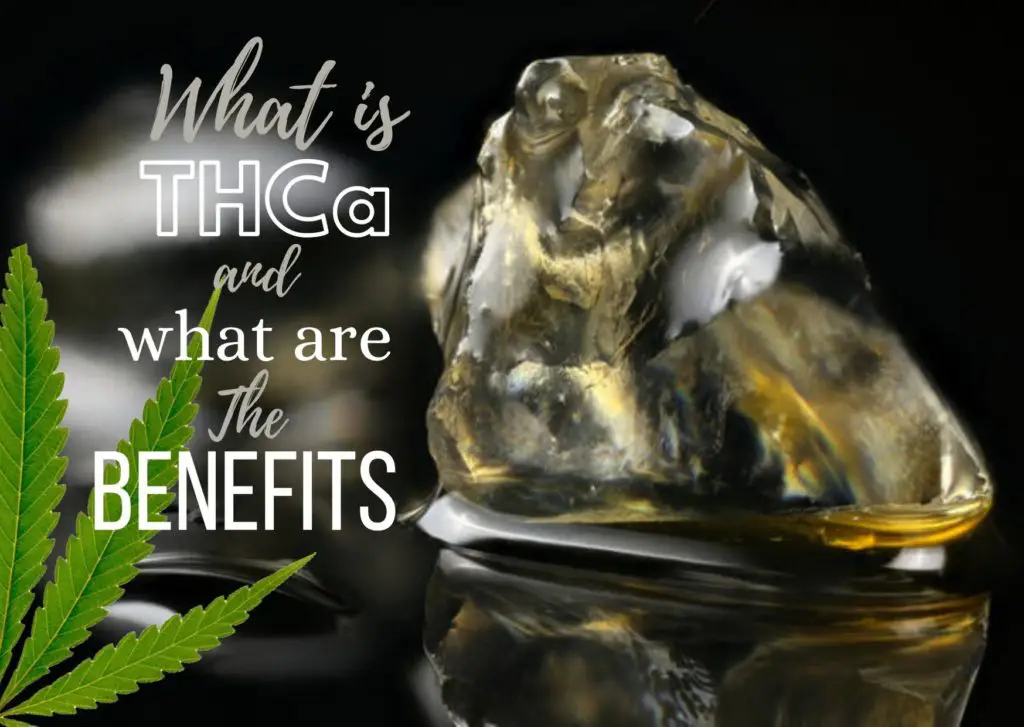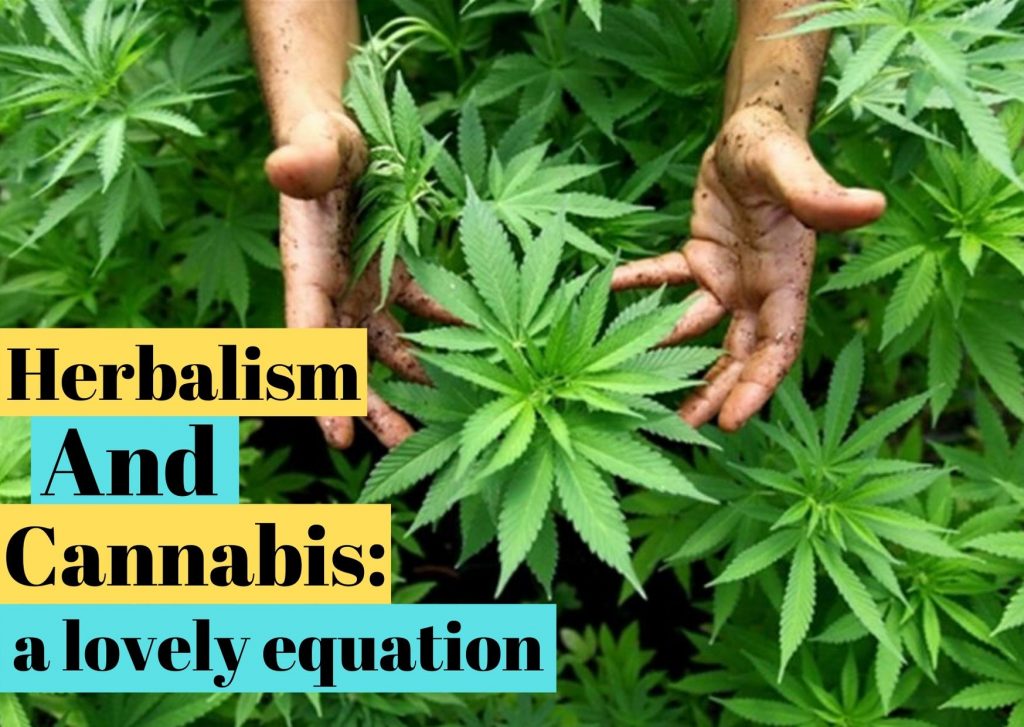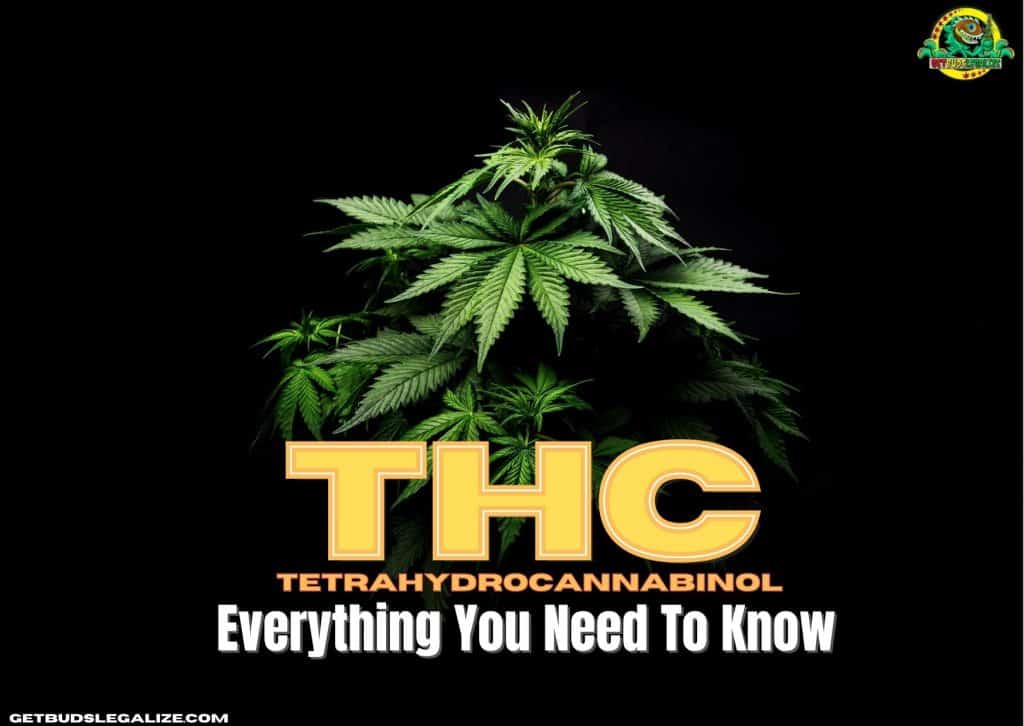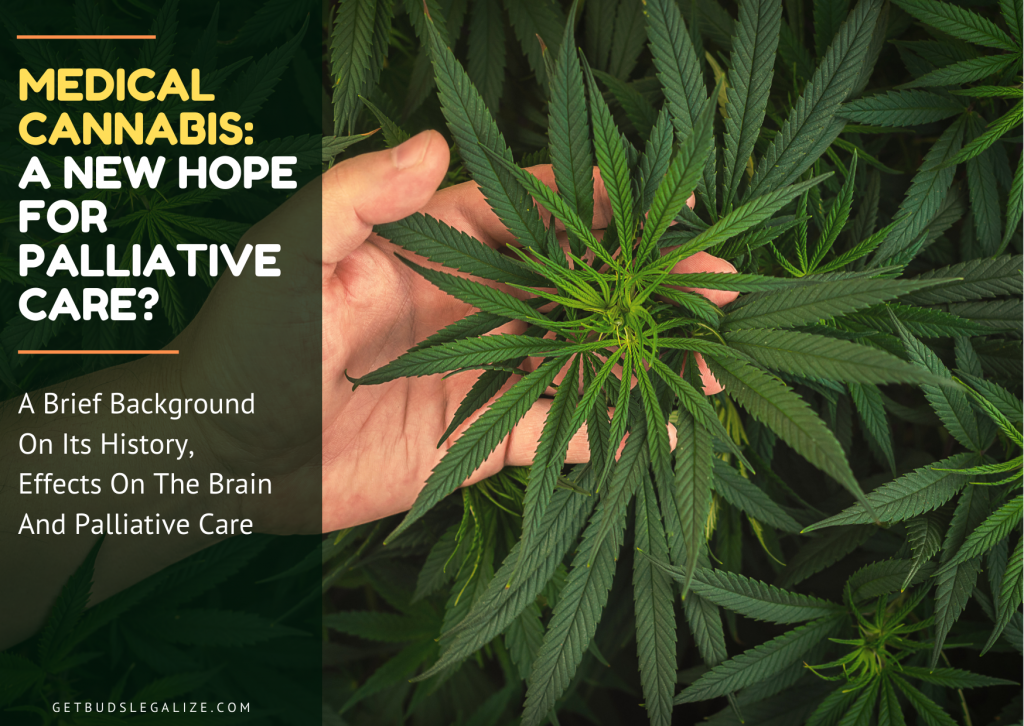What Is THCB? Risks, Benefits, Effects, and Medical Uses
THCB, or Delta-9 tetrahydrocannabinol is a newly discovered cannabinoid that has a similar molecular structure to THC, the main psychoactive compound in cannabis. However, THCB has a butyl side chain instead of a pentyl side chain, which may affect its potency and effects. In this blog post, we will explore what THCB is, how it is made, what are its effects, how strong it’s high, what are its potential benefits and risks, how it compares to THC and other cannabinoids, and how to use it safely and effectively.
How is THCB Made?
THCB is a synthetic cannabinoid that is derived from THC, the main psychoactive compound in cannabis. THCB is not naturally abundant in the cannabis plant. It was first isolated by a group of Italian scientists in late 2019, who used a method called isomerization to separate it from other cannabinoids.
Isomerization is a technique that uses heat, acid, or catalysts to change the molecular structure of a compound without altering its chemical formula. In the case of THCB, isomerization involves converting THC into THCB by shifting the position of a double bond in the carbon ring. This process changes the shape and properties of the molecule, resulting in a different cannabinoid with different effects.
THCB is similar to THC in terms of chemical structure and psychoactivity, but it has some distinct differences as well.
What Are the Effects of THCB?
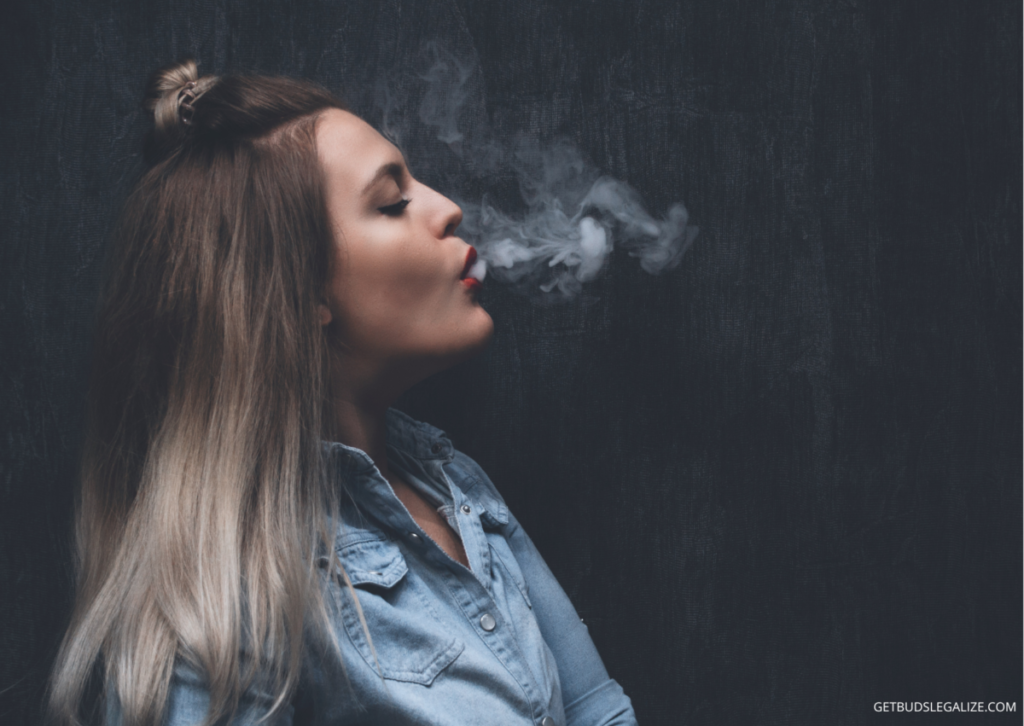
THC-B interacts with the endocannabinoid system (ECS), which is a network of receptors and molecules that regulate various physiological processes such as mood, pain, inflammation, appetite, memory, and sleep. The ECS has two main types of cannabinoid receptors: CB1 and CB2.
CB1 receptors are mostly found in the brain and central nervous system, while CB2 receptors are mostly found in the immune system and peripheral tissues.
THCB binds to both CB1 and CB2 receptors, but it has a stronger affinity for CB1 receptors than THC. This means that THC-B may have more potent effects on the brain and nervous system than THC. However, this has not been confirmed in human studies yet.
According to the animal tests conducted by Italian researchers, THCB showed similar effects to THC, such as reduced pain, slowed reaction time, and deeper sleep. They also observed potential anti-inflammatory and analgesic properties of THC-B. However, these results are preliminary and need to be replicated in larger and more controlled studies.
What Are the Potential Benefits and Risks of THCB?
As mentioned earlier, THC-B may have some therapeutic potential such as:
- pain-relieving
- anti-inflammatory properties
- potential sleeping aid
- analgesic properties
- neuroprotective effects
However, these claims are based on very limited evidence and need to be verified by clinical trials. Until then, THC-B should not be considered a medical treatment or a substitute for professional advice.
THC-B may also have some risks and side effects associated with its use. These may include:
- Drowsiness
- Dry mouth
- Dizziness
- Impaired coordination
- Increased heart rate
- Anxiety
- Paranoia
- Psychosis
These side effects may be more pronounced or frequent in high doses or in people who are sensitive to cannabinoids. They may also interact with other medications or substances that affect the brain or the cardiovascular system.
How Should I Dose and Consume THCB Safely and Effectively?
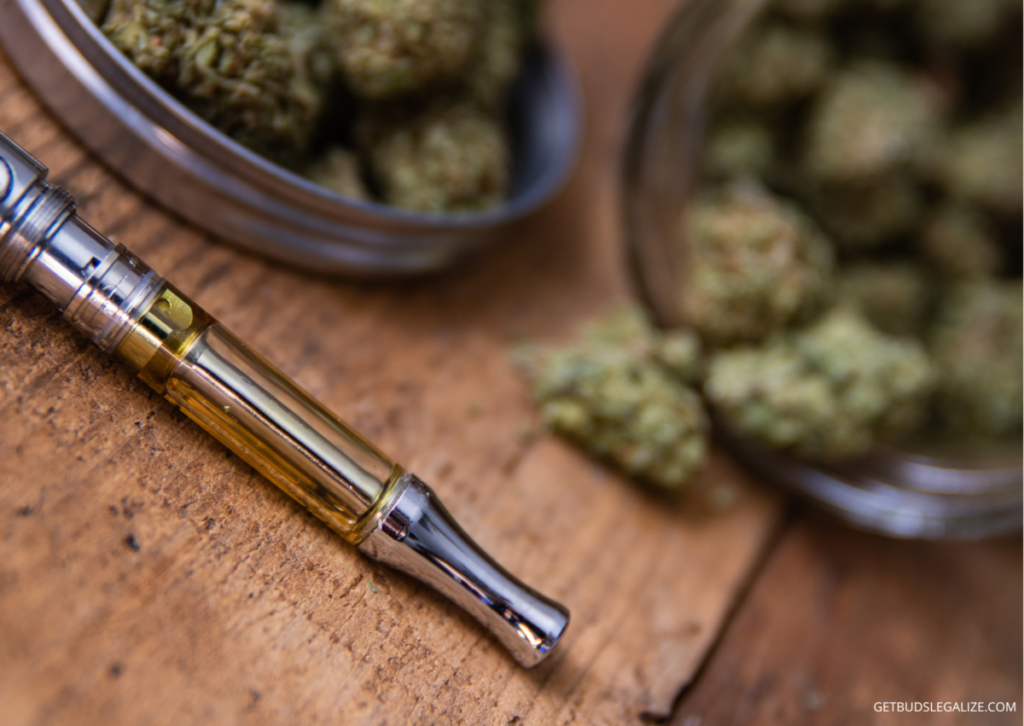
Because THC-B is a new cannabinoid with limited research and availability, there is no established dosage or consumption method for it. However, based on its similarity to THC and its potential potency, some general guidelines can be suggested.
First, Start Low and Go Slow:
THC-B may be more potent than THC, so it is advisable to start with a very small dose and wait for at least an hour before taking more. A typical dose of THC for beginners is 5 to 10 mg, so a dose of THC-B may be even lower than that.
Second, Choose Your Delivery Method Carefully:
THC-B may be available in various forms, such as oils, tinctures, edibles, vapes, or flowers. Each method has its own advantages and disadvantages in terms of onset time, duration of effects, bioavailability, and convenience.
For example, oils and tinctures may be faster and more efficient than edibles, but they may also be more difficult to measure and control. Vapes may be convenient and discreet, but they may also pose some health risks and legal issues. Flowers may be natural and familiar, but they may also contain other cannabinoids and terpenes that may alter the effects of THC-B.
Third, Consult Your Doctor Before Using THC-B:
THC-B may have some medical benefits, but it may also have some side effects and interactions with other medications or substances. If you have any medical conditions or are taking any prescription drugs, you should talk to your doctor before trying THC-B. You should also avoid using it if you are pregnant or breastfeeding, under 21 years old, or have a history of psychosis or substance abuse.
Is THC-B Safe?
The safety of THCB has not been established yet, as there are no clinical trials or human studies on this cannabinoid. However, based on the animal studies that have been conducted so far, THCB may have some beneficial effects such as pain relief, anti-inflammation, and sleep enhancement.
However, these effects may also come with some side effects such as drowsiness, dry mouth, or dizziness. Moreover, since THCB may be more potent than THC, it may also have a higher risk of causing anxiety, paranoia, or psychosis in some users. Therefore, until more research is done on THCB, it is advisable to use it with caution and moderation.
Is THCB Legal?
The legal status of THC-B is unclear and may vary depending on the country or state where you live. In general, THC-B may fall under the same regulations as THC and other psychoactive cannabinoids, which are illegal or controlled substances in most jurisdictions.
However, some places may allow the use of THC-B products for medical or recreational purposes under certain conditions. For example, in the United States, THC-B may be legal if it is derived from hemp plants that contain less than 0.3% THC by dry weight. However, this may change as new laws and regulations are enacted or updated.
Therefore, it is advisable to check your local laws before buying or using any THC-B products. You should also be aware of the potential legal consequences of possessing or consuming THC-B products, especially if you travel across borders or undergo drug testing.
Where Can I Find THCB Products?
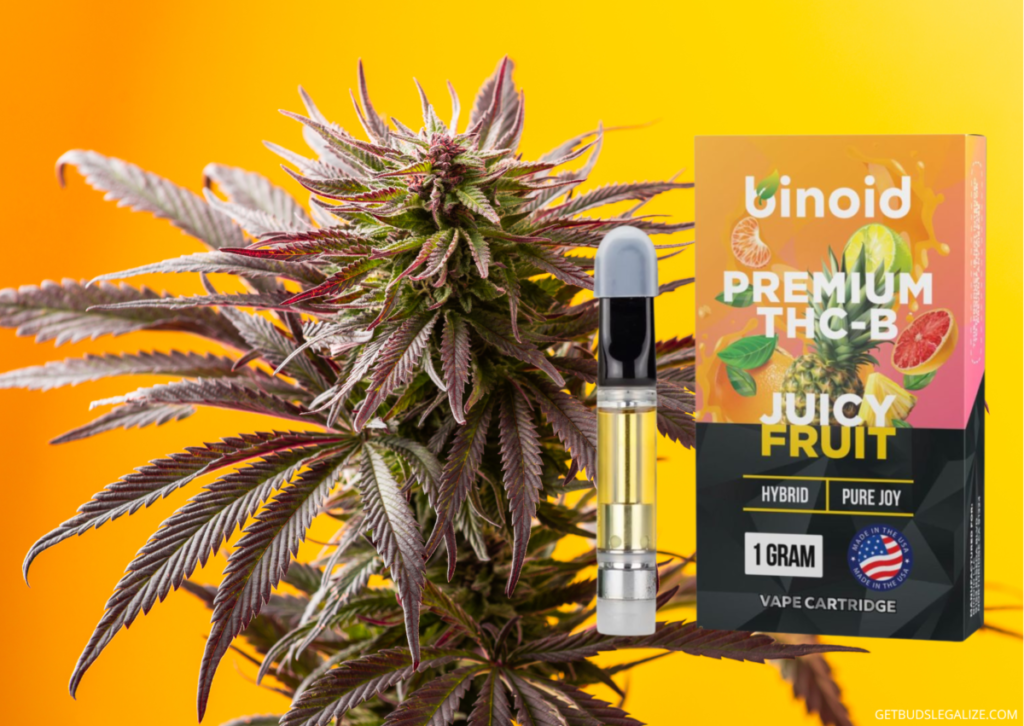
THC-B products are not widely available yet, as they are still relatively new and rare in the cannabis market. However, some online retailers may offer THC-B products such as live resin, oils, tinctures, edibles, or vape cartridges. You should always buy from reputable sources that provide lab-tested results and accurate information about their products.
You may also be able to find THC-B products in some dispensaries or cannabis clubs that cater to medical or recreational users. However, you should be careful about the quality and potency of these products, as they may not be regulated or standardized. You should also consult with a doctor or a budtender before using any THC-B products, especially if you have any medical conditions or take any medications.
Will THCB Show Up on a Drug Test?
There is no definitive answer to this question, as different drug tests may have different sensitivities and specificities for detecting cannabinoids. However, it is possible that THCB could show up on a drug test that is designed to detect THC or its metabolites, as they share a similar chemical structure. Therefore, if you are subject to drug testing for any reason, you should be cautious about using products that contain THC-B.
Final Thoughts - Should I Try It?
THC-B is a new and intriguing cannabinoid that may have some therapeutic potential for various conditions. However, there is still a lot of uncertainty and a lack of evidence about its effects, safety, and legality. Therefore, if you are interested in trying THC-B, you should do your own research and consult with your doctor before using them. You should also be aware of the possible consequences of using it such as failing a drug test or breaking the law.
THCB - Frequently Asked Questions
THCB is a phytocannabinoid found in cannabis that is a homolog of THC. However, it is rarely present in high concentrations in cannabis samples, so most of the THC-B products available online are synthetic. Synthetic cannabinoids are a class of designer drug molecules that bind to the same receptors as cannabinoids in cannabis plants.
THC-B has a similar structure to THC but with a butyl side chain instead of a pentyl side chain. This makes it more potent and more bioavailable than THC. THC-B has shown an affinity for both CB1 and CB2 receptors in the human body and has analgesic and anti-inflammatory properties. It also has some psychedelic effects when taken in large doses.
Again, there is not enough research to answer this question with certainty, as the pharmacokinetics and metabolism of THC-B are not well understood. However, based on the similarity to THC, it is likely that THC-B could stay in your system for several days or weeks, depending on factors such as dosage, frequency of use, body fat percentage, hydration level, and individual variation. THC-B could also accumulate in your hair follicles and fatty tissues over time, making it detectable for longer periods.
Because THC-B is a rare cannabinoid that is not naturally abundant in cannabis plants, there are no specific strains that are known to contain high levels of THC-B.
According to the researchers, THC-B has a stronger binding affinity with CB1 receptors in the brain than THC. This means that it could potentially produce more potent effects than THC.
THC is the most well-known and widely used cannabinoid in cannabis. It has both recreational and medicinal value for many users. However, THC also has some drawbacks such as causing intoxication, impairment, tolerance, dependence, or legal issues.
THC-B is similar to THC in terms of its chemical structure and its interaction with the ECS. However, THC-B has some advantages over THC that make it a promising alternative for some users.
Here are some of the main differences between THC-B and THC:
- THC-B is more potent than THC, meaning that a smaller dose can produce stronger effects.
- THC-B has a longer duration of action than THC, meaning that its effects can last for several hours.
- THC-B has a higher affinity for CB1 receptors than THC, meaning that it can bind more strongly to the receptors in the brain and nervous system that mediate the psychoactive effects of cannabis.
- THC-B has less affinity for CB2 receptors than THC, meaning that it has less impact on the receptors in the immune system and other organs that modulate inflammation and pain.

